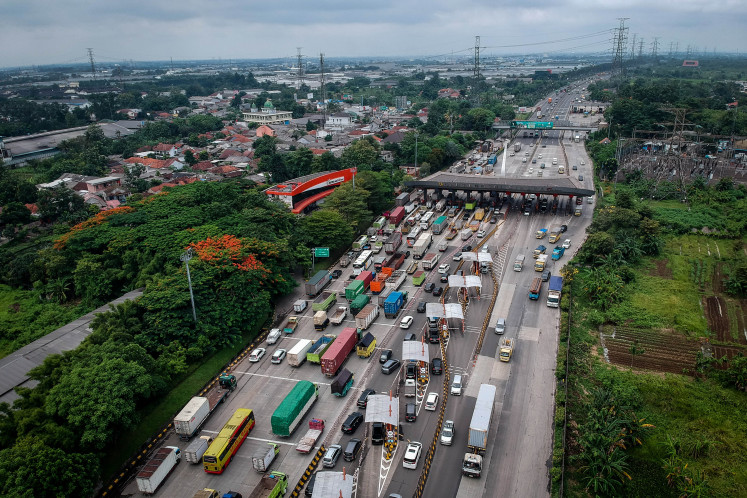Popular Reads
Top Results
Can't find what you're looking for?
View all search resultsPopular Reads
Top Results
Can't find what you're looking for?
View all search resultsA living constitution, a source of democratic resilience
The recent Constitutional Court decision, it is important to note, does not dismantle the fundamental electoral process, alter the established system of government or directly undermine the sovereignty of the people.
Change text size
Gift Premium Articles
to Anyone
T
he recent Constitutional Court Decision No. 135/2024 has ignited a fierce public and political debate, fundamentally reshaping the nation's electoral landscape. This decision separates the presidential, House of Representatives and Regional Representative Council (DPD) elections from the regional and local legislative (DPRD) elections, effectively delaying the latter by up to two and a half years.
At the heart of the controversy lies a significant concern: The potential extension of DPRD members' terms without a renewed electoral mandate, a prospect that has drawn widespread criticism and skepticism from various political factions.
While most political parties have swiftly rejected the ruling, the government has yet to issue a definitive stance, leaving the nation in a state of constitutional uncertainty.
Critics are quick to argue that this move may violate Article 22E of the 1945 Constitution, which unequivocally mandates that elections be held every five years. Some commentators have gone further, accusing the Constitutional Court of overstepping its prescribed role as a "negative legislator." In this capacity, the court is traditionally understood to strike down unconstitutional norms, not to actively create new ones or, in this instance, to reconfigure electoral timelines.
This accusation raises fundamental questions about the judiciary's role in a democratic system and the delicate balance of power among governmental branches.
Yet, beyond the immediate controversy and the political posturing, the ruling invites a deeper, more profound constitutional reflection: How should a constitution truly be understood and implemented in a modern democratic state? Should it be treated as a rigid and immutable text, forever bound by its original words? Or should it be viewed as a dynamic document, flexible enough to respond and adapt to evolving social and political realities?
This intellectual quandary is at the core of contemporary constitutional theory, guiding how nations navigate change while upholding foundational principles.



















